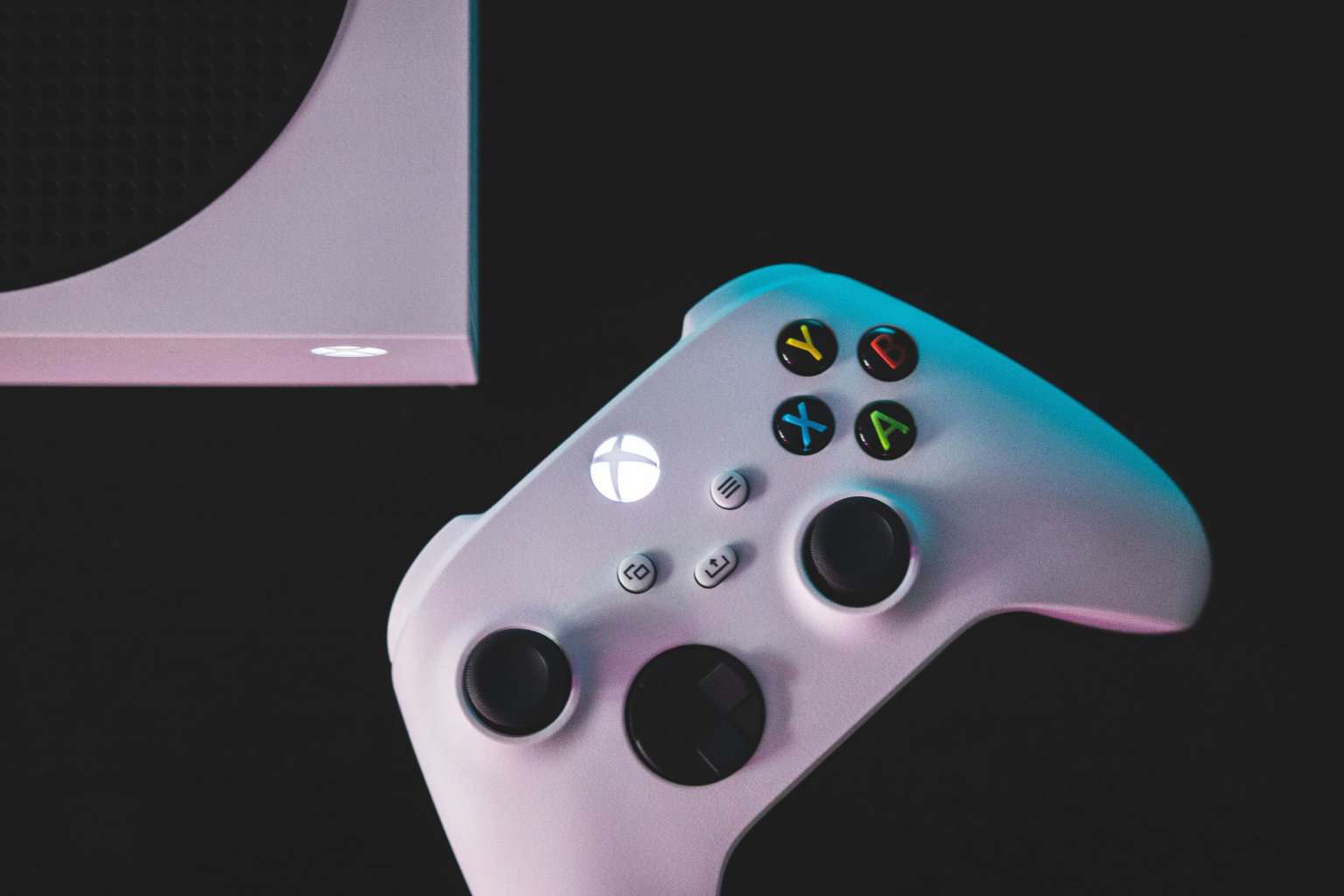Fix: Third Monitor Keeps Disconnecting on Windows 10
4 min. read
Updated on
Read our disclosure page to find out how can you help Windows Report sustain the editorial team. Read more
Key notes
- If your third monitor keeps disconnecting, it might have something to do with your OS settings.
- Changing the advanced power settings on Windows 10 should fix the problem quite quickly.
- You might want to take a look at the graphics card GPU core as it may disrupt the video signal to the monitor if it gets too hot.
- Ultimately, updating your drivers manually or with the help of a third-party software can be the best choice.

Having a third monitor can have its advantages, from improving work productivity to getting the best experience when playing your favorite online games.
Unfortunately, this leaves room for Windows 10 errors such as connectivity issues, hardware problems, or even faulty graphics drivers.
If your third monitor randomly disconnects and displays a no signal message, read our guide and follow the steps to fix it.
What can I do if my third monitor keeps disconnecting?
1. Change the display settings
- Go to the Start and click on Settings.
- Select System.
- On the Display option, scroll down to Multiple displays sections.
- Make sure the Extend these displays option is chosen.
- While here, check also all your display settings to make sure they are set up for multiple monitors.
2. Update Windows 10
- Open the Start Menu and click on Settings.
- Click on Update & Security.
- On Windows Update, click the button Check for updates.
- If there are any available updates, install them.
- After the process is complete, restart your PC.
- You can now check if the issue still persists.
3. Update your drivers
3.1 Use Device Manager
- Right-click on Start and select Device Manager.
- Search for the Display adapters section and expand the menu.
- Right-click on your graphics driver and choose Update Driver from the menu.
- Click on Search automatically for updated driver software.
- Windows will now search and install the latest driver for your PC.
- Follow the on-screen instructions to finish.
- After the update is complete, reboot your computer.
3.2. Use automated software
You’ll be happy to know that you can also use a third-party app that can search and install all necessary drivers with only a few clicks.
This dedicated software tool will scan your computer for compatible drivers, automatically download and install them, all while keeping your system constantly updated, so you won’t have any problems in the future with outdated drivers.
Plus, it helps you to prevent any serious damages to your system provoked by installing the wrong drivers for your devices.
Such practical software will definitely optimize your system functionality with the latest version of your drivers, so if you need such services to resolve this error, you should go for it.
4. Set the power plan to high in Windows
- Press the + keys to open the Run dialog box.
- Type in the following powercfg.cpl and then press .
- In the Power Options window, choose .
- Change the plan settings to .
- Click Save changes and exit.
5. Change the resolution
- Right-click your desktop and select Display settings.
- Scroll down to Scale and Layout and click the drop-down menu located under Display Resolution.
- Because Windows 10 assigns these resolutions as recommended based on the display’s hardware you need to select a screen resolution that works best for your monitor.
- Lastly, make sure your monitor and graphics card can run at your chosen resolution.
6. Additional solutions
Here are a few additional solutions worthy of your attention:
- Try another video cable on your monitor and check if the problem persists
- Verify if there’s a lack of power to the card from your power supply unit in the system
- Make sure that your video cable from the monitor is securely and firmly connected to your PC
- Sometimes, unplugging the monitors and plug them back in one at a time can help your computer recognize all three monitors and use them properly
- Try to use HDMI ports for all your monitors; sometimes, using VGA or DisplayPort can cause disconnections
We hope our guide fixed your problem and that you can now use your third monitor with no interruptions.
For more details on this topic, check out our guide on how to use multiple monitors like a single monitor.
If you have questions, suggestions, or want to share other solutions you might’ve encountered regarding this issue, just use the comments section below.




















User forum
0 messages